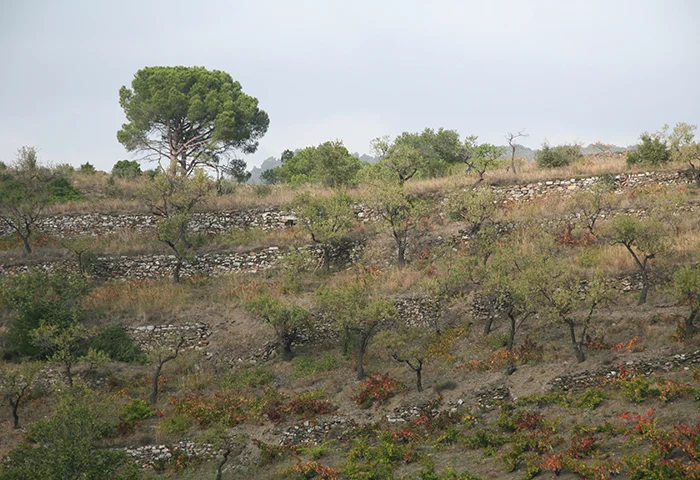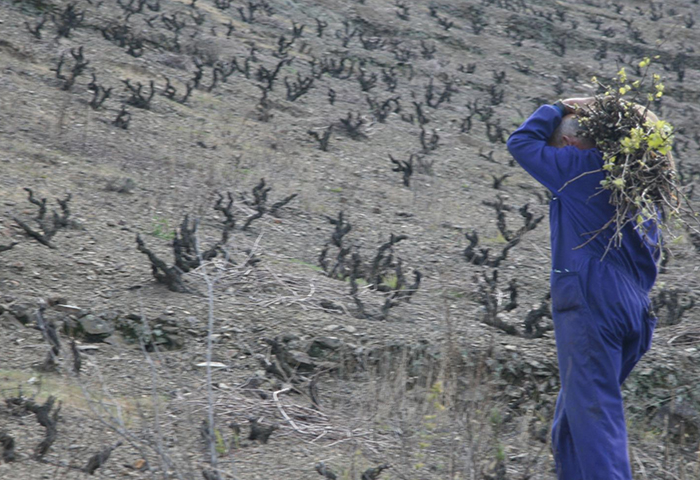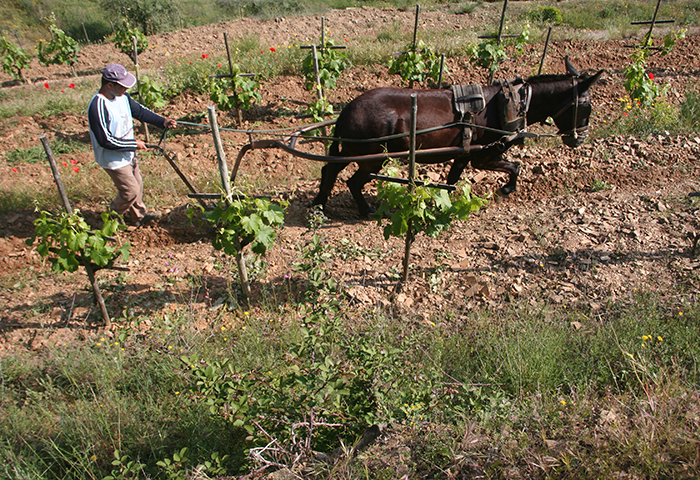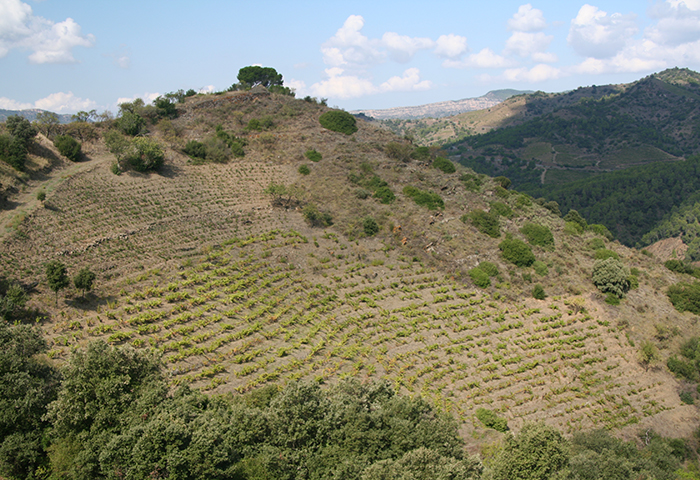Sustainability: Will or Fate
Reflection No. EP9
Gazing out into the landscape, listening to the quiet sounds of nature, one recognizes why this tiny place in the middle of Catalonia is an oasis worth preserving. History has delivered great highs and intense lows to the Priorat, so the impulse to get what you can while you can is a matter of survival. And perhaps the ebbs and flows of wealth in the Priorat’s wine history have been nature’s way of controlling the region’s growth.
In the early 1700s the dense, high-alcohol, distinctly flavored wines of the Priorat made exceptional brandy that commanded premium prices. The forests were cleared to plant more vines and fulfill demand. Then wars broke out in Europe, the market for brandy collapsed and the region returned to subsistence living.
Phylloxera hit France before Spain, in the mid-1800s. France looked to the “black wines” of the Priorat to fortify its own. Negotiants bought in bulk. The Priorat landscape was once again covered in vines. But then France stopped allowing imports and Spain lost its colonies. No one was buying the wine anymore. Finally, in 1893, phylloxera found its way to the Priorat. There was no money to replant and people were forced to move to the cities to make a living. The vineyards disappeared into overgrowth. The Priorat was wild again.
In the 1900s the village cooperatives helped unify efforts to recuperate vineyards. Rural banks provided loans. The Priorat achieved a Denomination of Origin (DO) for its wines in 1954 and became a Qualified Designation of Origin (DOQ) in 2000, the second in Spain after the Rioja. The pendulum has swung back in the Priorat’s favor once again.
Today there are just over 2,000 hectares planted to vines, less than half the number planted before phylloxera, and the DOQ is keeping a watchful eye over further expansion. Tourism results in further depletion of the region’s resources, especially water. The question will be whether the DOQ can control the region’s growth and maintain a healthy equilibrium or whether fate will step in once again. Serious measures are needed to nurture the delicate balance of life.
—Adapted from Ethos Priorat, a book by Elizabeth Hecker




